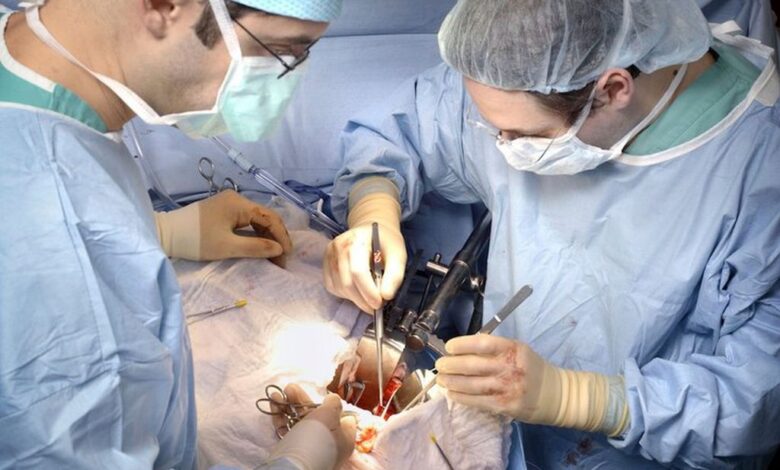New rule allows HIV-positive organ transplants — expected to shorten wait time for all

People with HIV who need a kidney or liver transplant will be able to receive an organ from a donor with HIV under a new rule announced Tuesday by US health officials.
Previously, such transplants could be done only as part of research studies. The new rule, which takes effect Wednesday, is expected to shorten the wait for organs for all, regardless of HIV status, by increasing the pool of available organs.
“This rule removes unnecessary barriers to kidney and liver transplants, expanding the organ donor pool and improving outcomes for transplant recipients with HIV,” said Health and Human Services Secretary Xavier Becerra in a statement.
The safety of the practice is supported by research, including a study published last month in the New England Journal of Medicine.
That study followed 198 organ recipients for up to four years, comparing those who received kidneys from HIV-positive donors to those whose kidneys came from donors without HIV.
Both groups had similar high rates of overall survival and low rates of organ rejection.
In 2010, surgeons in South Africa provided the first evidence that using HIV-positive donor organs was safe in people with HIV.
But the practice wasn’t allowed in the United States until 2013 when the government lifted a ban and allowed research studies.
At first, the studies were with deceased donors. Then in 2019, a team at Johns Hopkins University in Baltimore performed the world’s first kidney transplant from a living donor with HIV to an HIV-positive recipient.
All told, 500 transplants of kidneys and livers from HIV-positive donors have been done in the US.




